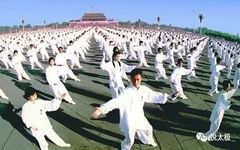
It is well known that Tai Chi (太极拳) promotes health, fitness, and self-defense, making it one of the best exercises for longevity. However, with every good comes a bad; many people blindly pursue rigorous training in Tai Chi, which not only fails to improve their skills but also leads to injuries and even chronic ailments, resulting in premature death.
So, how should one practice Tai Chi to enhance skills and promote longevity? Today, we will discuss the concept of “nurturing” in Tai Chi training.
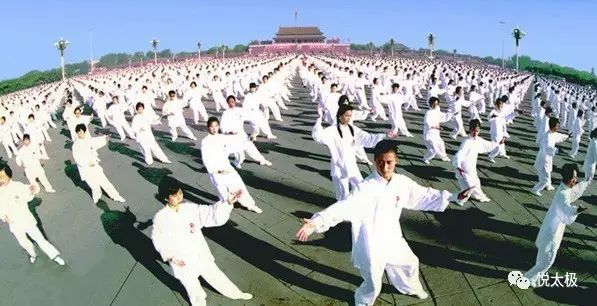
1. Cultivate Internal Qi (内气), Skills Will Naturally Develop
Tai Chi is recognized as an internal martial art. The practice of forms is not the goal; rather, it is a means to cultivate internal Qi (内气) and promote health.
In Tai Chi, internal Qi refers to the combination of function and substance. In Traditional Chinese Medicine (TCM), internal Qi is the life force within the body, related to the body’s Qi (气) and blood. This life force is traditionally referred to as Qi.
Everyone possesses internal Qi, but it is often difficult to discover and utilize. Through practicing Tai Chi, one can continuously strengthen their internal Qi. The principle of using intention to guide Qi is fundamental in Tai Chi. Where the mind goes, Qi will follow. Therefore, practitioners of Tai Chi must focus on cultivating Qi in the lower dantian (丹田), as nurturing sufficient Qi there will naturally enhance Tai Chi skills.
2. Slow Practice Nurtures, Hasty Practice Harms
As the ancients said, “Haste makes waste.” Practicing Tai Chi with impatience is counterproductive; even if one trains tirelessly for months without rest, they will not become a martial artist but rather damage their health. A master once said: to learn martial arts, one must be patient; skill develops like cooking beef, requiring low heat for the best results. Although a pressure cooker can cook beef quickly, it loses the rich flavor that comes from slow cooking.
To achieve true skill, one must: focus, be grounded, progress step by step, and avoid haste and anxiety. Whether practicing forms or techniques, one should follow the teacher closely. Each movement must be learned clearly and practiced correctly. Otherwise, if one learns a bit of this and a bit of that, seeking to do too much too quickly, it will be of no use. If one cannot withstand questioning or challenges, then practicing for a lifetime will be in vain.
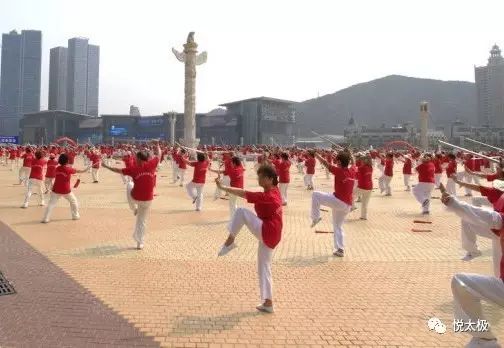
3. Soft Practice Nurtures, Hard Practice Harms
Practicing Tai Chi should be guided by intention rather than force. Many Tai Chi practitioners find this concept contradictory; if one does not use force, what is the purpose of intention in Tai Chi?
This intention refers to using Tai Chi principles to guide our practice, allowing us to relax our bodies. We should cultivate a sense of respect towards everything, which enables us to practice lightly. This light practice helps us discover the softness of Tai Chi; when movements are gentle, they naturally conserve energy, allowing for longer practice sessions. This is why the cloud hands (云手) movement in Tai Chi can be practiced for an hour—it requires lightness, stillness, softness, and uniform speed.
Practicing with tension, as in hard martial arts, is counterproductive. Using excessive force harms Qi and blood, detrimental to health. Some may wonder how strength arises in Tai Chi; the answer is that extreme softness leads to strength.
4. Relaxed Practice Nurtures, Tensed Practice Harms
When practicing Tai Chi, we should adopt a posture that aligns with the universe; the cosmos is Tai Chi, and so are we. This mindset allows our bodies to relax and stretch, naturally calming the spirit.
Practicing Tai Chi in fresh air allows the natural Qi to enter our bodies through the capillaries, promoting the circulation of Qi and blood throughout our limbs, enhancing relaxation and creating a magnetic field with nature. When practiced to a certain level, one can achieve a state of unity with nature.
If we practice with our bodies tense and movements stiff, it will certainly harm our health.
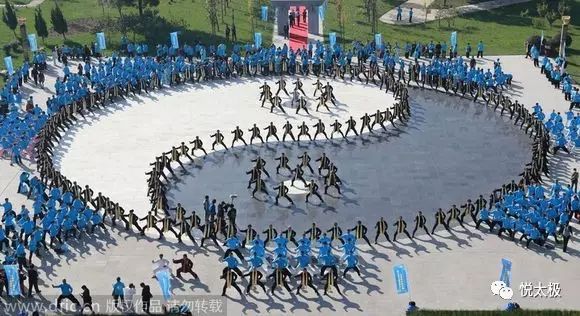
5. Circular Practice Nurtures, Square Practice Harms
Circular movements encompass yin and yang; with yin and yang, all things grow within this circle. The skills of Tai Chi naturally enter our bodies over time.
At a certain level, our bodies form a Tai Chi sphere. More importantly, this circle dissolves stiffness in our bodies, achieving the balance of five yin and five yang energies. This is why a punch aimed at a skilled Tai Chi practitioner can be neutralized; it is the effect of circular movement. Mastering circular motion allows us to control the uniform movement of Tai Chi, and understanding this leads to mastery of Tai Chi’s yin and yang transformations. By grasping these concepts, we can master the essence of Tai Chi, leading to improved practice.
Movements should be fluid and without abrupt changes, aligning with the body’s natural movement patterns and the laws of nature. Square movements are not to be avoided but should be practiced sparingly, as excessive square practice can lead to muscle and tendon injuries.
6. Centered Practice Nurtures, Off-Centered Practice Harms
Why is it emphasized to maintain a centered posture in Tai Chi? A centered body naturally regulates breathing, allowing Qi and blood to flow freely throughout the body. Tai Chi emphasizes internal stillness and external fluidity. When the internal and external are in harmony, movements become naturally agile. Maintaining a centered posture plays a crucial role.
Observing ancient trees standing tall and straight in nature exemplifies the concept of being centered. Understanding nature leads to mastery of Tai Chi. Conversely, if the body is off-center, Qi and blood become obstructed, movements become awkward, and it negatively impacts health and aesthetics.
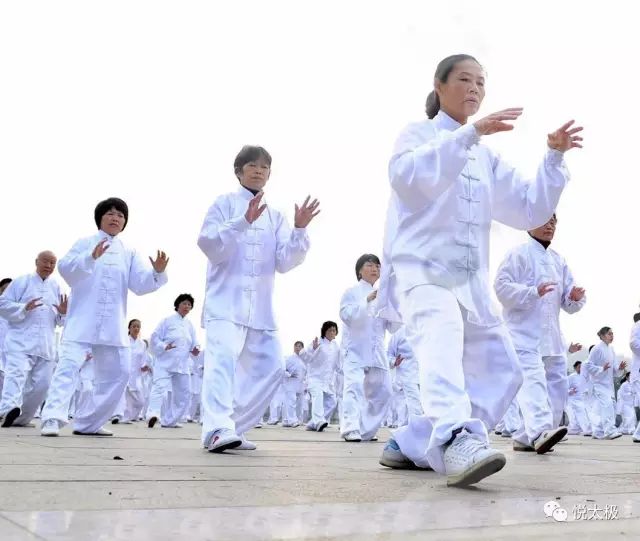
7. Calm Mind Nurtures, Distracted Mind Harms
Why do many Tai Chi practitioners struggle to maintain a calm mind? The reason is often due to unrefined movements that disrupt the rhythm, leading to distraction. The solution is more practice. With thousands of repetitions of cloud hands, Tai Chi skills will naturally develop. Only when movements are refined can the mind become calm, allowing for focused practice.
If the mind is distracted during Tai Chi practice, it will lead to disjointed movements and a loss of the Tai Chi experience. This can result in disrupted breathing and reversed Qi flow, harming both physical and mental health. Therefore, Tai Chi requires a calm mind, allowing the body to relax naturally.
8. Harmonious Practice Nurtures, Angry Practice Harms
Why is breath adjustment important in Tai Chi practice? It is to ensure smooth Qi flow, which fosters a calm and peaceful mindset, making it difficult for practitioners to become angry.
If one practices Tai Chi while angry, it can lead to reversed Qi flow and confusion, causing serious harm to the body.

